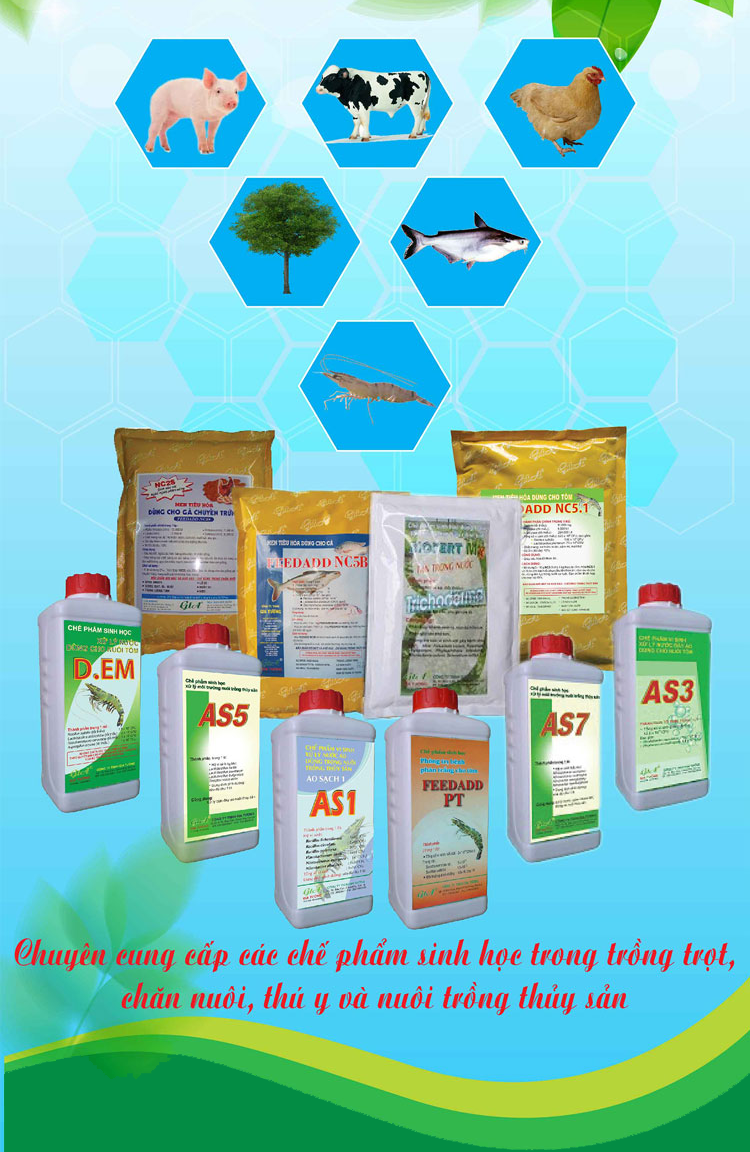Gia Tường, 2021, số 2
INDIGENOUS RHIZOBACTERIA FOR CONTROLLING
THE DISEASE CAUSED BY Phomopsis longicolla ON SOYBEAN (Glycine max)
NGHIA HUU HUYNH, TRUYEN THANH PHAM, NHON LY NGUYEN
AND NHUT NHU NGUYEN*
Ton Duc Thang University (TDTU), Vietnam [NHH].
Gia Tuong Company Ltd., Binh Duong Province, Vietnam [NHH, TTP, NLN, NNN].
Department of Biochemistry, University of Sciences, Vietnam National University – Hochiminh City (VNU-HCM), Vietnam [NNN].
[*For Correspondence: E-mail: nhunhutnguyen@yahoo.co.uk]
THE DISEASE CAUSED BY Phomopsis longicolla ON SOYBEAN (Glycine max)
NGHIA HUU HUYNH, TRUYEN THANH PHAM, NHON LY NGUYEN
AND NHUT NHU NGUYEN*
Ton Duc Thang University (TDTU), Vietnam [NHH].
Gia Tuong Company Ltd., Binh Duong Province, Vietnam [NHH, TTP, NLN, NNN].
Department of Biochemistry, University of Sciences, Vietnam National University – Hochiminh City (VNU-HCM), Vietnam [NNN].
[*For Correspondence: E-mail: nhunhutnguyen@yahoo.co.uk]
ABSTRACT
Rhizobacteria have been proved to have potential for biocontrol of fungal phytopathogens and have been successfully applied in the field to a variety of crops. However, diseases caused by Phomopsis longicolla on soybean have been mainly controlled by agricultural or chemical techniques. The objective of this study was to evaluate the in vitro control of rhizobacteria on P. longicolla through their ability to inhibit the growth of P. longicolla on agar plates and disease caused by P. longicolla on soybean seeds. The results showed that the GTC 5.3.84 rhizobacterial isolate was able to inhibit 31% of the growth of P. longicolla GTC 2.5.1 on the agar plate. The GTC 5.3.84 isolate had no effect on germination rate and was able to completely inhibit the disease caused by P. longicolla GTC 2.5.1 on soybean seeds. This result was very clear evidence for the potential application of indigenous rhizobacteria in the control of diseases caused by P. longicolla in soybean. Further studies need to be continued to exploit the efficiency of the GTC 5.3.84 isolate as well as the potential of other indigenous rhizobacteria in the control of P. longicolla disease in soybean.
Keywords: Antagonistic; biocontrol; Phomopsis longicolla; rhizobacteria; soybean.
Tải về
Liên hệ
- Ứng Dụng Nước Ép Trái Cây Để Nuôi Cấy Vi Khuẩn Bacillus Kiểm Soát Nấm Bệnh
- Phát Hiện Thêm Chủng Vi Khuẩn Có Tiềm Năng Kiểm Soát Sinh Học Xanhthomonas Oryzae Pv. Oryzae
- Hội Nghị Khoa Học Lần Thứ XIII Trường Đại Học KHTN - ĐHQG Thành Phố Hồ Chí Minh
- Những điểm phân biệt hàng thật, hàng giả
- Nhân viên giám sát kỷ thuật sản xuất- cải tiến quy trình
Đăng nhập
Thống kê truy cập
- Đang truy cập34
- Hôm nay0
- Tháng hiện tại0
- Tổng lượt truy cập272






